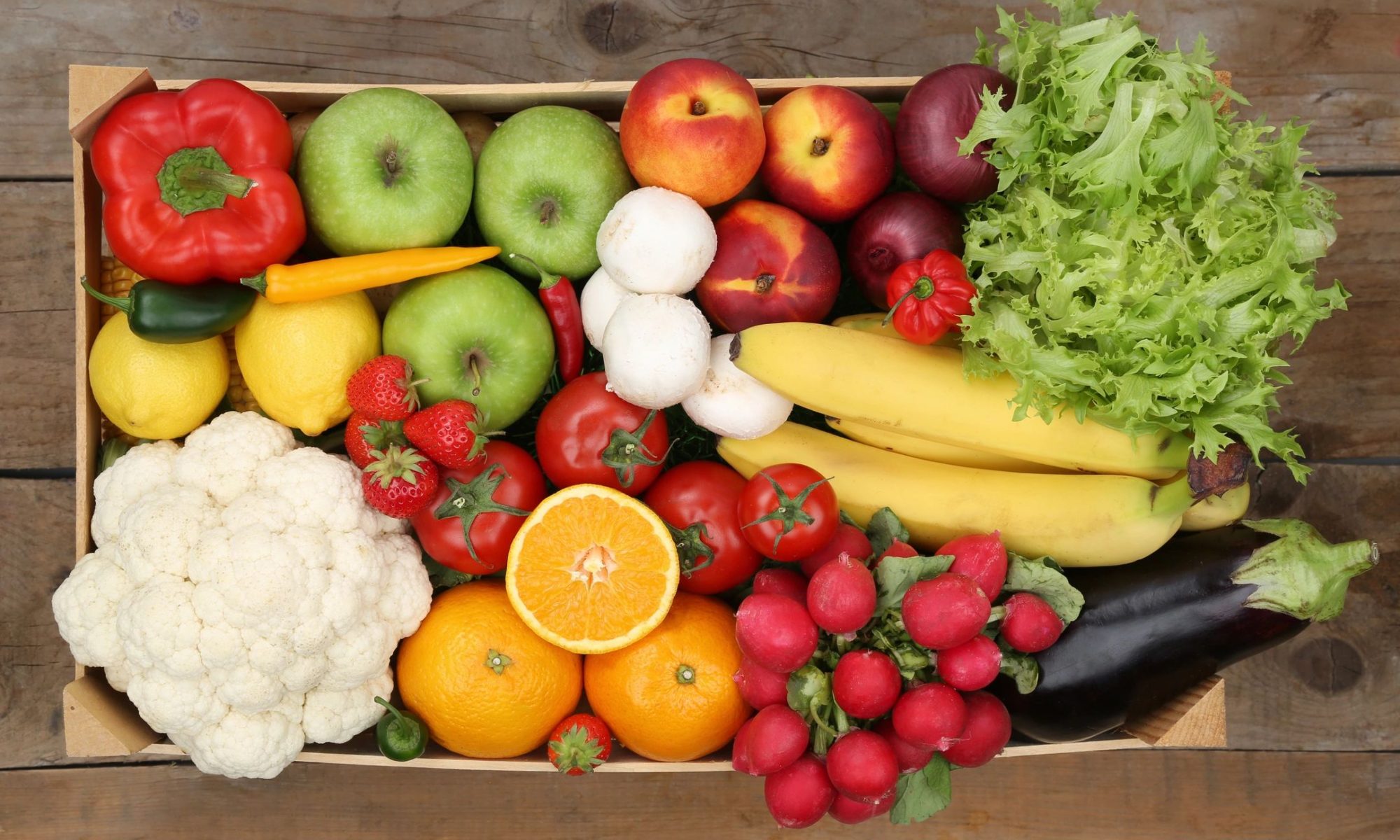
Jews traditionally eat pomegranates at the time of the Jewish New Year, Rosh HaShanah. The many seeds of the fruit are said to symbolize the 613 commandments of the Torah, and so the pomegranate has been a symbol of righteousness in Jewish tradition since ancient times. The many seeds also symbolize fertility and plenty. To health-conscious Americans, pomegranates also represent an anti-oxidant bonanza. For everyone with a Mediterranean-inspired palate, pomegranates are simply delicious.
I discovered muhammara in Claudia Roden’s seminal cookbook, The New Book of Middle Eastern Food. Upon further exploration, I was delighted to learn that muhammara originated in Aleppo, a city in Northern Syria whose richly flavored Arab, Armenian, Turkish, and Jewish-inspired cuisine is renowned throughout the Middle East. One of the highlights of my summer was introducing some Jordanian friends to the delicious part of their culture that is muhammara. I hope you, too, will share many special moments over this simple yet exotic dish.
Pomegranate molasses can be found at Whole Foods, at Middle Eastern groceries, and at kosher markets catering to an Israeli or Sephardi/Mizrachi clientele. It usually comes in glass bottles. It is also marketed as pomegranate syrup or concentrate.
Consider serving muhammara as part of a larger mezze spread, with plates of hummus and baba ganouj and some toasted pita as an appetizer or a light meal. Maybe throw in a plate of olives. And don’t forget the za’atar. Alternatively try muhammara as a condiment for grilled veggies.
Adapted from Claudia Roden’s The New Book of Middle Eastern Cuisine.
Time: 10 minutes
Serves: 6-8
1 1/4 C shelled walnuts
2 T tomato paste
1 slice lightly toasted crustless whole wheat bread
2 T pomegranate molasses
1/2 C EVOO
1 t red pepper flakes or a pinch of ground chili
1 t cumin
2 t sugar
salt to taste
Whir all ingredients in a food processor or blender until they form a rough-textured paste. Enjoy.
